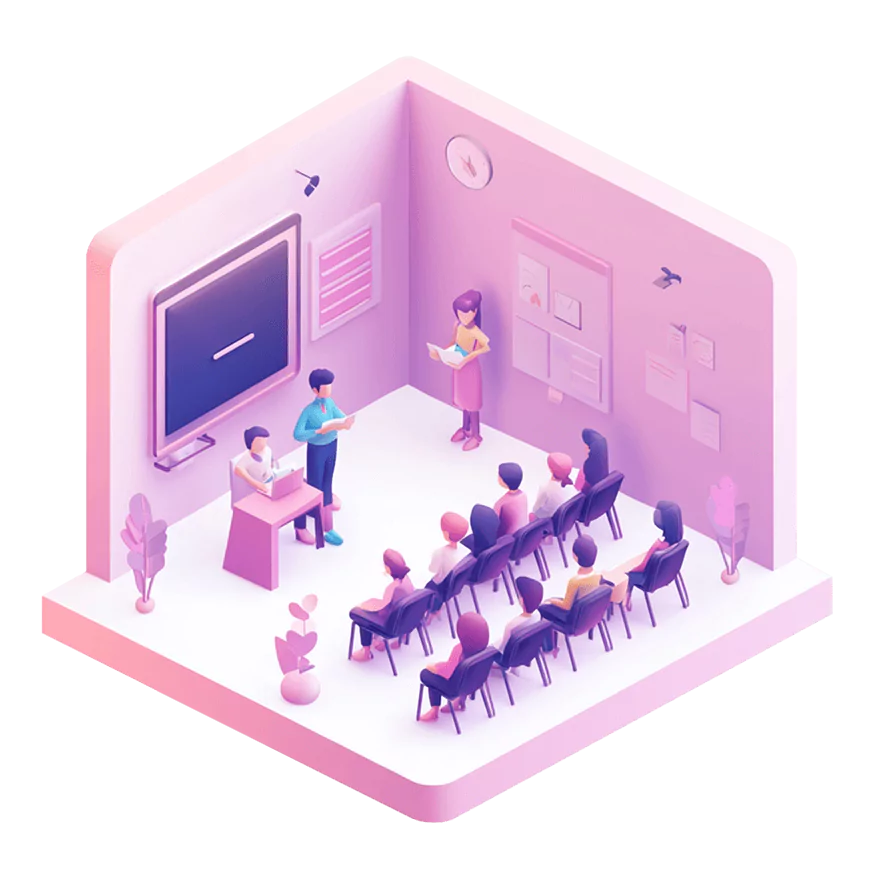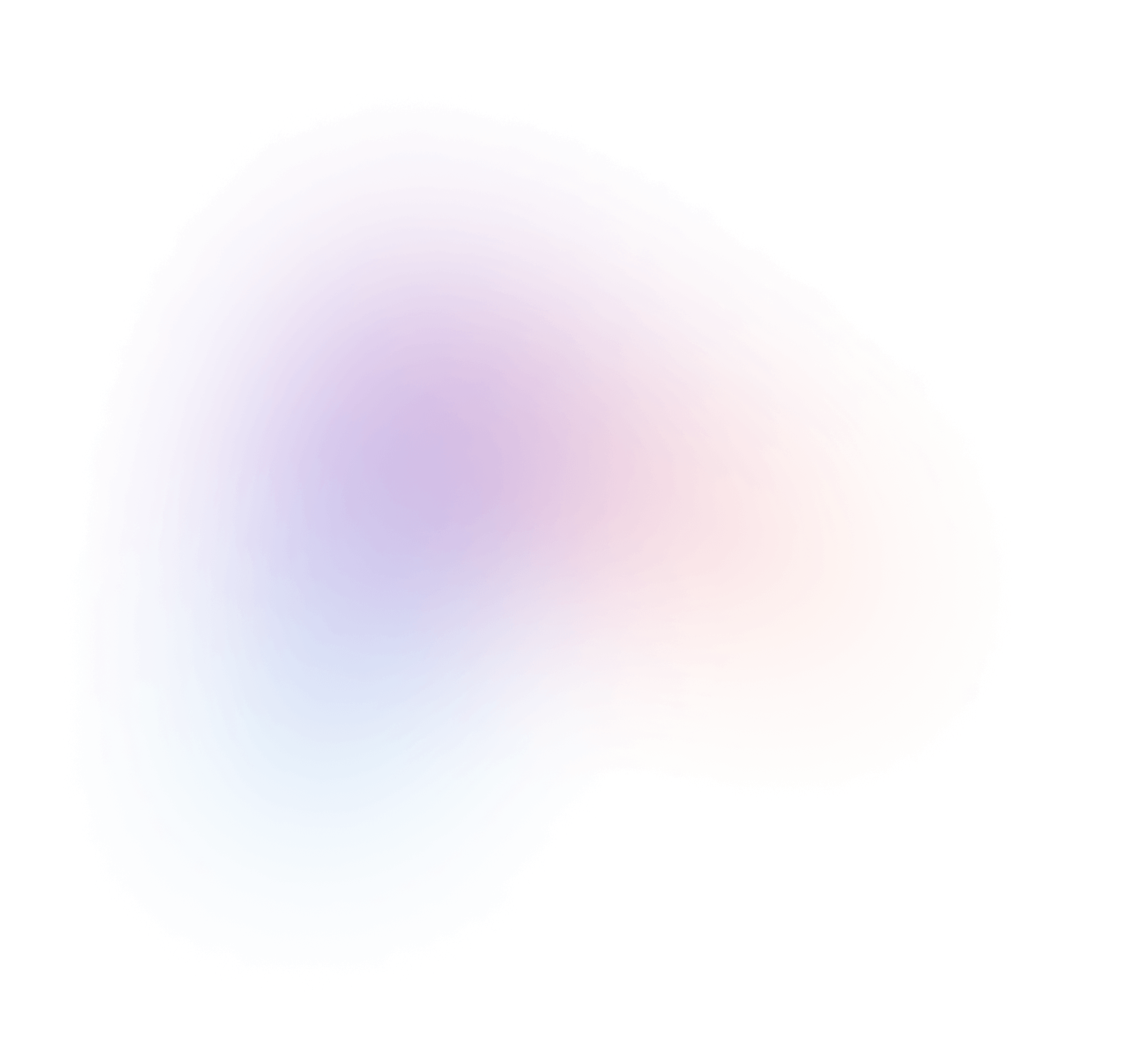The Curriculum:
Designed to Launch Careers
A 9-month immersive journey into real-world design.
At UMO Design Grads, we don’t just teach design — we prepare you to live it. Structured like a working design studio, our program mirrors the pace, expectations, and collaboration of the corporate world. You’ll work on real projects, solve actual problems, and develop a startup-worthy capstone — all while being mentored by industry experts.


CURRICULUM
At a Glance
Month 1–3:
Foundations of Design
- Design Thinking & Research
- Principles of Visual & Interaction Design
- UI/UX Basics & Accessibility
- Tools of the Trade (Figma, Adobe Suite, Notion, etc.)
Month 4–6:
Practice & Application Design
- Systems & Prototyping
- Service Design & Systems
- Thinking Branding &
- Storytelling for Product
- Weekly Mentorship + Live Project Simulations
Month 7–9:
Capstone + Studio Immersion
- Work in a collaborative studio setup
- Real-time exposure to the corporate world
- Capstone Project: Design and develop a real product
- Pitch to mentors, investors, and startup accelerators
9-Month Curriculum
Breakdown
Phase 1: Foundations (Months 1-3)
Month 1
UX/UI Fundamentals & Design Thinking Immersion
Core Focus:
Introduction to UX/UI principles, user research, information architecture, wireframing, prototyping, and the design thinking process.
Weekend Classes:
- Introduction to UX/UI design principles and methodologies.
- User research methodologies (interviews, surveys, usability testing).
- Design thinking framework and application.
- Introduction to design tools (Figma, Adobe XD).
Design Studio Projects:
- Conduct user research and create user personas for a real-world problem.
- Develop wireframes and prototypes for a mobile app or website.
Month 2
Visual Design & Interaction Design
Core Focus:
Visual design principles, UI design, interaction design, micro-interactions, and accessibility.
Weekend Classes:
- Visual design principles (typography, color theory, layout).
- UI design patterns and best practices.
- Interaction design principles and techniques.
- Micro-interactions and animation.
Design Studio Projects:
- Develop high-fidelity UI designs for the project started in Month 1.
- Create interactive prototypes with micro-interactions.
Month 3
Introduction to Technology & Development
Core Focus:
Basics of web development (HTML, CSS, JavaScript), mobile app development (React Native or Flutter), and understanding technology’s role in design.
Weekend Classes:
- Introduction to front-end development (HTML, CSS, JavaScript).
- Introduction to mobile app development frameworks.
- Understanding APIs and data integration.
- Introduction to relevant AI tools.
Design Studio Projects:
- Create a basic web page or mobile app prototype.
- Explore how technology can enhance user experience.
Phase 2: Disruptive Thinking & Entrepreneurship (Months 4-6)
Month 4
Disruptive Innovation & Market Analysis
Core Focus:
Principles of disruptive innovation, market research, competitive analysis, and identifying opportunities.
Weekend Classes:
- Disruptive innovation frameworks (e.g., Christensen’s theory).
- Market research and analysis techniques.
- Competitive analysis and differentiation strategies.
- Identifying emerging market trends.
Design Studio Projects:
- Identify a potential disruptive innovation opportunity.
- Conduct market research and competitive analysis.
Month 5
Business Modelling & Lean Startup
Core Focus:
Business model canvas, lean startup methodology, product-market fit, and customer validation.
Weekend Classes:
- Business model canvas and value proposition design.
- Lean startup methodology and minimum viable product (MVP).
- Customer validation and feedback loops.
- Metrics and analytics for startups.
Design Studio Projects:
- Develop a business model canvas for a startup idea.
- Create an MVP and conduct customer validation.
Month 6
Entrepreneurial Finance & Pitching
Core Focus:
Financial planning, budgeting, fundraising, and effective pitching.
Weekend Classes:
- Startup finance and budgeting.
- Fundraising strategies and investor relations.
- Effective pitching and storytelling.
- Legal and regulatory aspects of startups.
Design Studio Projects:
- Create a financial model and pitch deck for a startup idea.
- Practice pitching to a panel of mock investors.
Phase 3: Capstone & Industry Immersion (Months 7-9)
Month 7-9
Disruptive Innovation & Market Analysis
Core Focus:
Development of a real-world startup project, incorporating all learned skills, and industry mentorship.
Weekend Classes:
- Students form teams and develop their own startup ideas.
- Teams work on all aspects of the startup, from product development to marketing and fundraising.
- Industry mentors provide guidance and feedback.
Phase 4: Project Development, Traction & Funding (Months 10-12)
Month 10-12
Startup Launch & Growth
Core Focus:
Transitioning the capstone project into a viable startup, focusing on technical development, market traction, and securing funding.
Activities:
- Full-stack development of the startup project.
- Implementation of marketing strategies for user acquisition and growth.
- Investor outreach and fundraising efforts (seed funding, etc.).
- Legal and business incorporation guidance.
- Ongoing mentorship and support from industry experts.
- Demo days and investor presentations.
